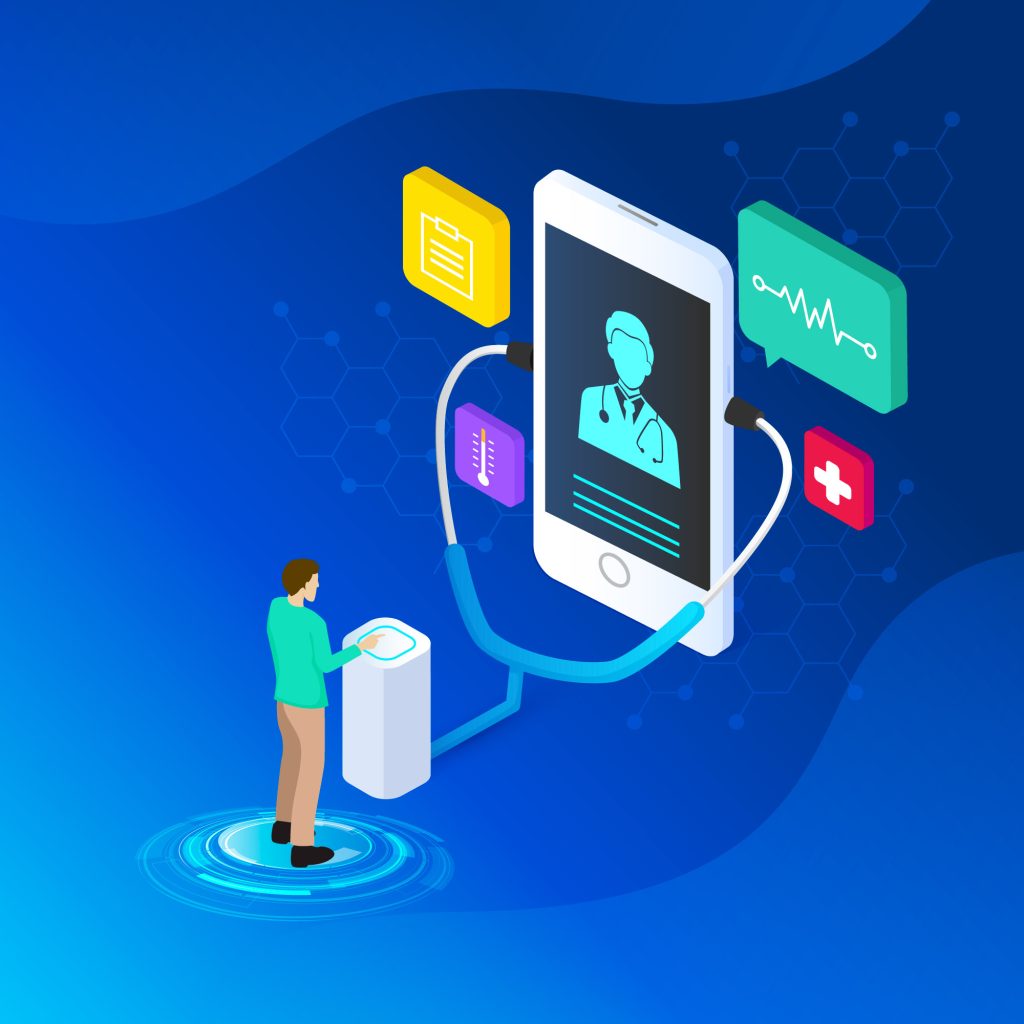Introduction:
Traumatic Brain Injuries (TBIs) not only bring physical challenges but also give rise to hidden psychological impacts that can significantly affect an individual’s mental health and well-being. Recognizing these emotional symptoms and addressing them is crucial for a comprehensive recovery. This article sheds light on the psychological changes following a TBI and explores how Hyperbaric Oxygen Therapy (HBOT) plays a pivotal role in alleviating these effects.
Understanding TBI and Its Psychological Effects:
When a TBI occurs, especially involving the frontal lobe, which manages emotions and personality traits, it can lead to diverse psychological changes. These changes might manifest as altered behavior, emotional outbursts, or even amnesia, protecting the patient from the traumatic memories of the incident. Identifying and addressing these psychological effects is vital for a holistic recovery process.
Common Psychological Effects Associated with TBI:
- Anxiety:
- Symptoms: Racing heart, rapid breathing, sweating, shaking.
- Triggers: Large social situations, unexpected changes, time pressure.
- Depression:
- Symptoms: Feelings of sadness, changes in sleep and eating patterns, withdrawal from social activities.
- Behavioral Impact: Aggressive behavior, seeking treatment for aggression.
- Mood Shifts:
- Expressing emotions becomes challenging.
- Unpredictable moments of laughter or crying unrelated to feelings or situations.
- Exhibit childlike or aggressive behaviors.
- Paranoia:
- Signs: Trouble admitting faults, social isolation, doubting others’ loyalty, holding grudges.
- Personality Disorders:
- Possible development post-TBI, involving disruptive thinking and behavior patterns.
- Example: Narcissistic Personality Disorder, affecting 1 in 10 TBI patients.
- Executive Dysfunction:
- Challenges in managing thoughts, emotions, and actions.
- Symptoms: Trouble paying attention, inability to prioritize tasks, poor judgment.
- PTSD and ADHD:
- Overlap between TBI, PTSD, and ADHD.
- Increased risk of ADHD in children with severe TBI.
- Mild TBI patients more likely to develop PTSD.
Detecting TBI: The Challenge of Invisible Symptoms:
TBIs often go undiagnosed due to mild, random symptoms or remaining conscious after the injury, leading to a dismissal of its severity. Advanced assessment tools like functional MRIs or SPECT scans are vital for detecting structural and metabolic damage to the brain.
Hyperbaric Oxygen Therapy (HBOT) for Psychological Healing:
HBOT, a therapeutic approach involving breathing pure oxygen in a pressurized chamber, emerges as a powerful tool for addressing the psychological impacts of TBI. Its efficacy lies in its ability to trigger self-regenerative mechanisms within the brain and body. Aviv Clinics’ HBOT protocol, part of the Aviv Medical Program, offers a personalized approach to TBI rehabilitation.
Key Benefits of HBOT for Psychological Well-being:
- Anxiety and Depression Reduction:
- Increased oxygen levels aid in managing anxiety symptoms.
- Alleviates feelings of sadness, fatigue, and worthlessness associated with depression.
- Mood Stability:
- Enhances emotional regulation post-TBI.
- Reduces unpredictable mood shifts and emotional outbursts.
- Paranoia Mitigation:
- Targets paranoia symptoms through improved brain function.
- Encourages a more balanced perspective and social interaction.
- Executive Function Improvement:
- Enhances cognitive functions, aiding in better decision-making and task prioritization.
- Alleviates struggles with attention and planning.
- PTSD and ADHD Management:
- HBOT supports the management of PTSD and reduces the risk of developing ADHD.
- Aids in achieving emotional closure after traumatic events.
TBI Survivor Stories and Personalized Rehabilitation:
HBOT, as part of a comprehensive TBI rehabilitation plan, has shown remarkable results in structural brain improvements, angiogenesis, neural connections, and stem cell proliferation. TBI survivors share stories of improved psychological health and overall quality of life, emphasizing the importance of personalized therapy programs.
Conclusion:
The psychological impacts of TBIs are intricate and often overlooked, but with the right interventions, including HBOT, individuals can experience significant relief and rehabilitation. Addressing invisible wounds alongside physical recovery is essential for a comprehensive and successful TBI rehabilitation journey.










